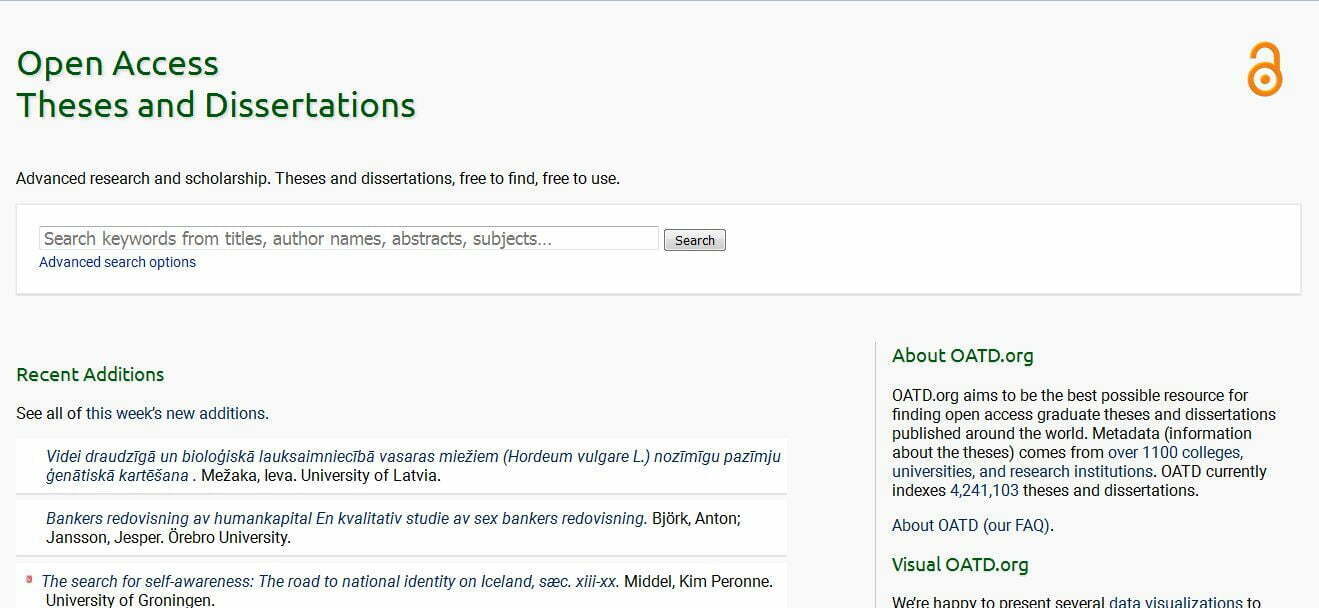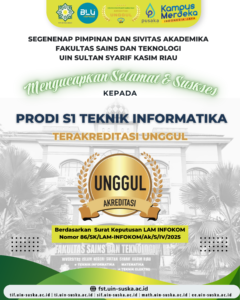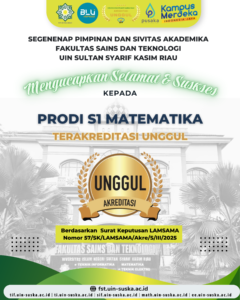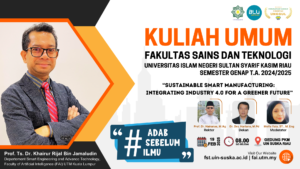How to Get International Journal Articles and Thesis for Free? (Part 2)

In the previous article (Part 1), I had promised that I would show you the powerful of free resources as thesis reference. In the first post, I revealed how to get journal for free, in “PART 2”, I’ll keep revealing to get journal, even thesis for free. As a professor, student, or researcher, we will to surround ourselves with a good journal articles and thesis. They’re very important in class discussions, reports, case studies and thesis. While there are plenty of sources available to get journal articles, they are often costly. The cheapest can cost around $30. If we are researching our topic, it’s not really practical to pay $30 for each article. This post is going to show how to find free, yet high quality, journal articles. It’s important that we have a clear idea of our topic. What’s your study about? What are the keywords that you might use in order to find related literature review? Having the keywords ready can help you find what you need much faster.
The purpose of literature review:
- To summarize and evaluate the existing knowledge on a particular topic (Basic LR)
- To know what has been known or unknown/researched in order to identify the research gap.
- To uncover a research problem for further study (Advanced LR)
- To question the current state of knowledge about a topic in order to define an area for new research.
Having the keywords ready can help you find what you need much faster. Based on my experience, some relevant sites you may consider to get thesis for free:
- Find Open Access Dissertations and Theses. With PQDT Open, you can read the full text of open access dissertations and theses free of charge.
- Open Access Theses and Dissertations. OATD.org aims to be the best possible resource for finding open access graduate theses and dissertations published around the world. Metadata (information about the theses) comes from over 1100 colleges, universities, and research institutions. OATD currently indexes 4,241,103 theses and dissertations.
- JSTOR. JSTOR is part of ITHAKA, a not-for-profit organization helping the academic community use digital technologies to preserve the scholarly record and to advance research and teaching in sustainable ways.
- Google Books Downloader. Google Inc. has announced the launch of its new service: Google Books. Currently, you can purchase books (U.S. only) or download more than 3 million free books from anywhere in the world using this service.
- Mendeley. You can organize, read and annotate documents in one place, follow inspirational researchers and see what’s new, search and apply for science and technology jobs.
- Library Genesis. Based in Russia, this is the largest and longest running currently openly available collection.
- InfoMine. InfoMine provides comprehensive information on mining, the mining industry, mining technology and mineral exploration. InfoMine categories include mining news, mining jobs, mining equipment, mineral commodities, and professional development.
- Academic Index. A scholarly search engine and web directory for college students.
- Microsoft Academic. Microsoft Academic knows journal titles, conference names, and many research topics. Try these queries to understand the power of semantic search and unleash it yourself!
- Virtual LRC. A Google alternative safe search engine for students offering information and reference sites: art, social sciences, social issues, social problems, history, biography, magazines, newspapers, encyclopedias, science, math, chemistry, biology, and dictionaries.
- RefSeek. A web search engine for students and researchers that aims to make academic information easily accessible to everyone. RefSeek searches more than one billion documents, including web pages, books, encyclopedias, journals, and newspapers.
- iSeek. A targeted search engine for students, teachers, administrators, and caregivers.
- JURN. You can search millions of free academic articles, chapters and theses.
- Academia. A for-profit American social networking website for academics. The platform can be used to share papers, monitor their impact, and follow the research in a particular field. It was launched in September 2008, with 36 million unique visitors per month as of December 2017 and over 20 million uploaded texts.
- ResearchGate. A social networking site for scientists and researchers to share papers, ask and answer questions, and find collaborators.
==
Rahmad Kurniawan, ST., MIT.
– Lecturer in Informatics Engineering UIN Suska Riau.
– Researcher in Center for Artificial Intelligence Technology (CAIT), Universiti Kebangsaan Malaysia.




